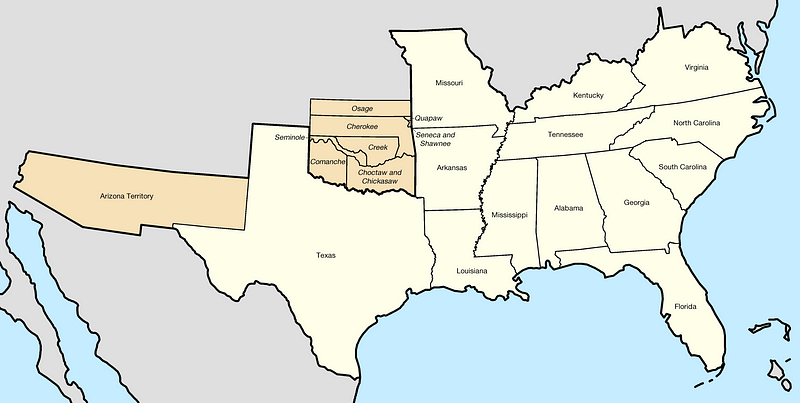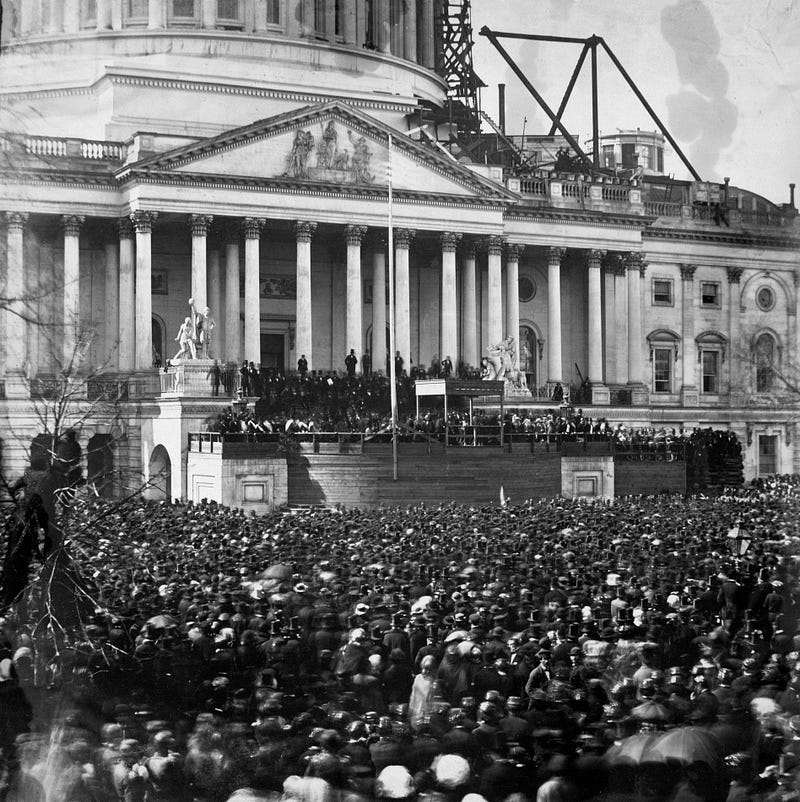Debunking Common Myths About the American Civil War
Written on
Chapter 1: Unraveling Historical Misconceptions
It's crucial to clarify the many inaccuracies that have circulated regarding the American Civil War. As President John F. Kennedy (D-Massachusetts) aptly stated, "The great enemy of the truth is often not the lie, but the myth… something that is persistent, persuasive, and unrealistic."
Many of us believe we can easily identify conspiracy theories and falsehoods. However, numerous misconceptions about the Civil War have been handed down through generations.
For instance, the idea that the Civil War was not primarily about slavery was something I learned in school. My history teacher insisted it revolved around states' rights and the abolishment of Federal authority. In reality, this argument is largely unfounded. The Texas declaration of secession clearly illustrates this point:
“We hold as undeniable truths that the governments of the various States, and of the confederacy itself, were established exclusively by the white race, for themselves and their posterity; that the African race had no agency in their establishment; that they were rightfully held and regarded as an inferior and dependent race, and in that condition only could their existence in this country be rendered beneficial or tolerable.”

Mississippi's decision to secede on January 9, 1861, was similarly rooted in the institution of slavery, stating, “Our position is thoroughly identified with the institution of slavery — the greatest material interest of the world.” The Mississippi Secession Convention remarked that secession was “not a matter of choice, but of necessity,” emphasizing their resolve to maintain their rights based on the conviction of their cause.
The first video, "Everything You Were Taught About the Civil War is Wrong," explores the often-overlooked truths about this pivotal conflict.
Chapter 2: The Truth About Lincoln’s Views on Slavery
Contrary to popular belief, President Abraham Lincoln (R-Illinois) is frequently idealized as an unwavering opponent of slavery throughout his life. While he may have held personal anti-slavery views, he did not advocate for its abolition prior to the Civil War.
In his inaugural address on March 4, 1861, Lincoln stated, “I have no purpose, directly or indirectly, to interfere with the institution of slavery in the States where it exists… I believe I have no lawful right to do so, and I have no inclination to do so.” He emphasized the need for unity, expressing, “We are not enemies, but friends. Though passion may have strained it, it must not break our bonds of affection.”

Chapter 3: The Northern Perspective on Slavery
While it is widely accepted that slavery is an abhorrent practice, the economic ties to slavery in Northern states like New York and Rhode Island are often overlooked. By the 1850s, slavery had become integral to the U.S. economy, shaping the nation’s commercial, legal, political, and social landscape.
The American Civil War Museum notes, “Slavery developed hand-in-hand with the founding of the United States.” Many Northern bankers, factory owners, and ship owners benefitted from the expansion of slavery and cotton production. Politicians often opposed the extension of slavery, not out of a desire to end the practice, but to protect white settlers from competition with slaveholders, thus complicating the narrative of Northern opposition to slavery.
The second video, "What REALLY Caused the American Civil War?" delves deeper into the economic motivations behind the North's stance on slavery.
Want to be informed whenever I release a new article? Click here. If you found this article insightful, please show your support by giving it a thumbs up.